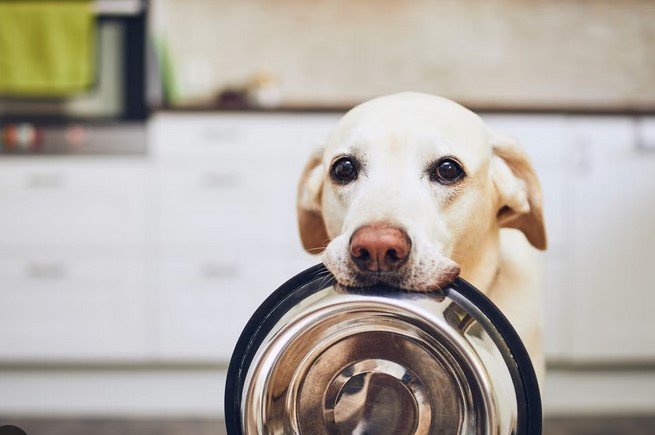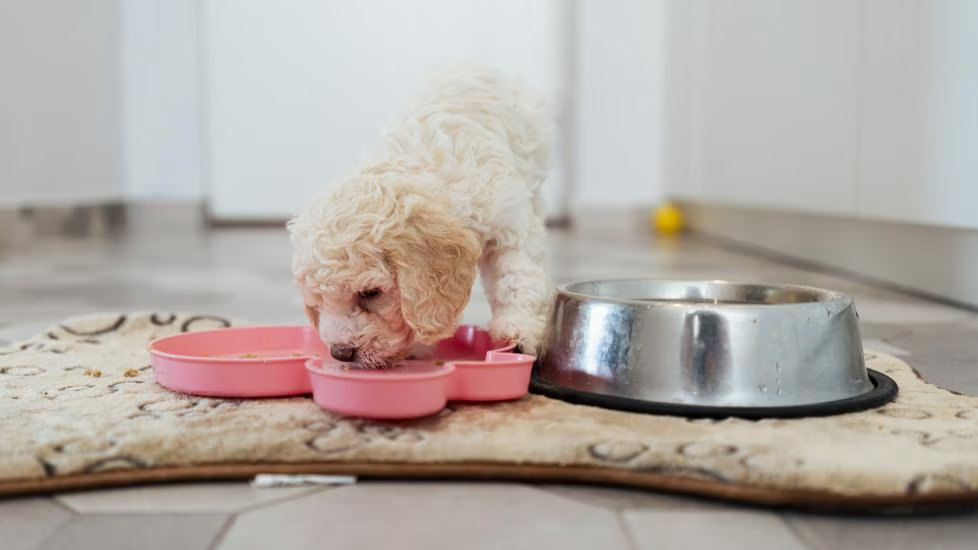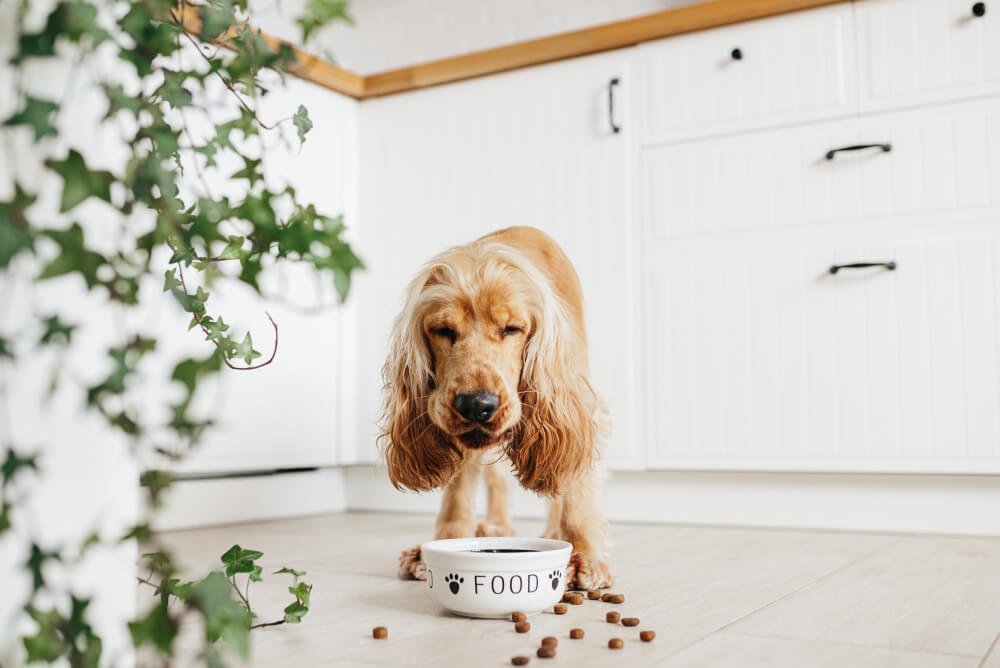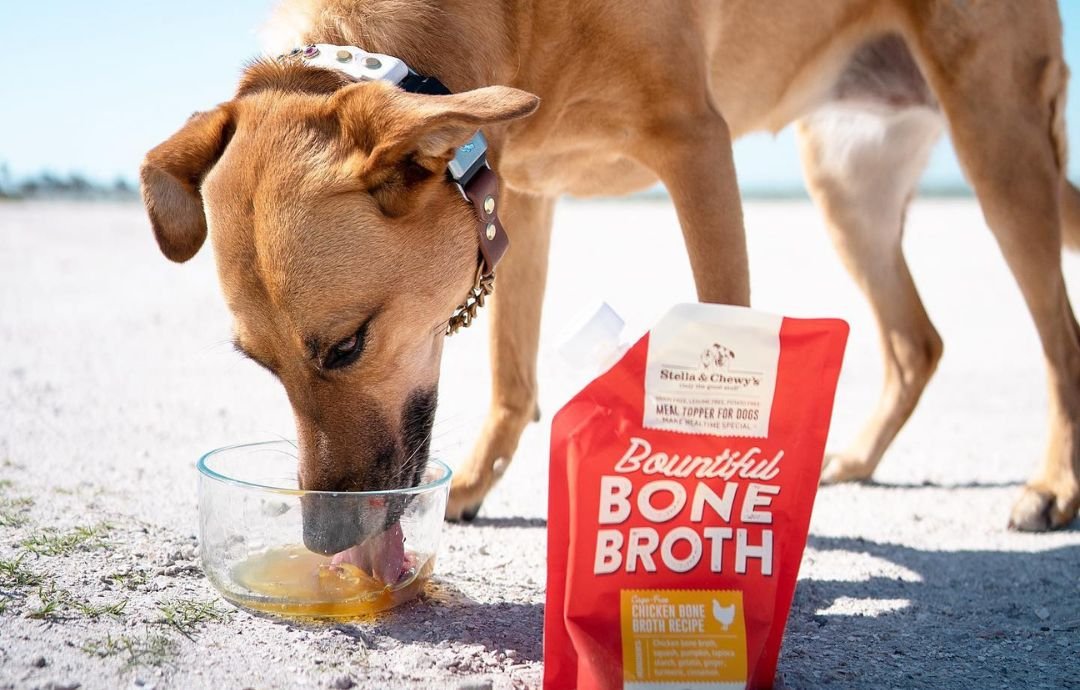As much as we love to share our meals with our pets, some foods can be harmful to dogs and may lead to serious health issues. While many human foods are safe for dogs in moderation, certain foods are toxic and can cause poisoning, digestive distress, or even death. In this post, we’ll highlight some of the most common foods that are dangerous for dogs and explain why they should be avoided at all costs.

1. Chocolate
Chocolate is one of the most well-known toxic foods for dogs. It contains substances called theobromine and caffeine, both of which are stimulants that dogs cannot metabolize effectively. Even small amounts of chocolate can cause symptoms of poisoning, including vomiting, diarrhea, rapid breathing, increased heart rate, and seizures.
- Why it’s dangerous: The darker the chocolate, the more theobromine it contains. Baking chocolate and cocoa powder are particularly toxic to dogs.
- What to do if your dog eats chocolate: If you suspect your dog has ingested chocolate, contact your veterinarian immediately. The severity of poisoning depends on the type of chocolate consumed and the size of the dog.
2. Grapes and Raisins
Grapes and raisins are highly toxic to dogs, although the exact substance that causes the toxicity is still unknown. Even small amounts can lead to kidney failure, which is potentially fatal.
- Why it’s dangerous: Grapes and raisins can cause severe damage to a dog’s kidneys, leading to symptoms such as vomiting, lethargy, loss of appetite, and diarrhea.
- What to do if your dog eats grapes or raisins: If your dog has eaten grapes or raisins, it’s crucial to contact your vet immediately, even if no symptoms have appeared yet.
3. Onions and Garlic
Onions and garlic, whether raw, cooked, or powdered, can be toxic to dogs. These foods contain compounds called thiosulfates, which can damage red blood cells and lead to anemia.
- Why it’s dangerous: Both onions and garlic can cause oxidative damage to red blood cells, leading to symptoms like weakness, lethargy, and pale gums. Chronic exposure can lead to long-term health issues.
- What to do if your dog eats onions or garlic: If you think your dog has ingested onions or garlic, monitor them for signs of anemia and consult your vet for treatment.
4. Avocados
While avocados are a healthy snack for humans, they can be dangerous for dogs. The fruit contains a substance called persin, which can cause vomiting and diarrhea in dogs, especially when consumed in large quantities.
- Why it’s dangerous: The seeds, skin, and flesh of avocados all contain persin, which is toxic to dogs. While some dogs may tolerate small amounts, it’s best to avoid giving them any avocado.
- What to do if your dog eats avocado: If your dog eats a large quantity of avocado, or if they exhibit symptoms such as vomiting or diarrhea, contact your vet for advice.
5. Alcohol
It’s easy to forget, but alcohol can be extremely dangerous for dogs. Even a small amount of alcohol can cause poisoning, leading to symptoms such as vomiting, diarrhea, difficulty breathing, tremors, and in severe cases, coma or death.
- Why it’s dangerous: Alcohol depresses the central nervous system, and dogs are much more sensitive to its effects than humans.
- What to do if your dog consumes alcohol: If your dog accidentally consumes alcohol, contact your veterinarian immediately. Treatment may include inducing vomiting or providing intravenous fluids.
6. Xylitol (Sugar Substitute)
Xylitol, a sugar substitute commonly found in sugar-free gum, candies, baked goods, and toothpaste, is highly toxic to dogs. Even small amounts can cause a dangerous drop in blood sugar (hypoglycemia), leading to seizures, liver failure, and death.
- Why it’s dangerous: Xylitol causes a rapid release of insulin in dogs, leading to dangerously low blood sugar. It can also cause liver damage.
- What to do if your dog eats xylitol: If your dog consumes anything containing xylitol, seek emergency veterinary care immediately. Treatment often includes monitoring blood sugar levels and providing intravenous glucose.
7. Macadamia Nuts
Macadamia nuts are another common food that is toxic to dogs. While the exact cause of toxicity is still unclear, it is known that these nuts can cause neurological and gastrointestinal symptoms in dogs.
- Why it’s dangerous: Ingesting macadamia nuts can lead to symptoms such as vomiting, tremors, hyperthermia (increased body temperature), and weakness in the legs.
- What to do if your dog eats macadamia nuts: If your dog consumes macadamia nuts, keep an eye out for symptoms and contact your veterinarian if they show signs of toxicity.
Conclusion
While some human foods are safe for dogs in small amounts, many common foods can be dangerous or even life-threatening. It’s essential to be aware of the foods that pose risks to your pet and take steps to ensure they never get access to them. Always consult your veterinarian if you suspect your dog has ingested something harmful. Keeping these foods out of reach and being vigilant about what your dog eats can help ensure they remain healthy and safe.











